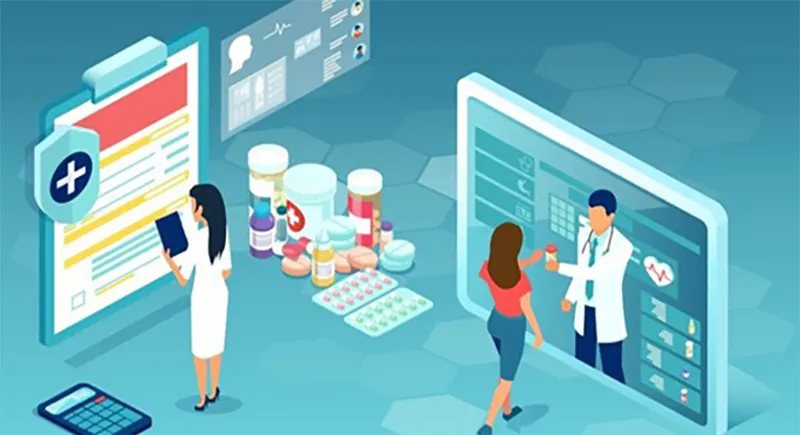The Indonesian Food and Drug Authority: Pillar of the Indonesian Pharmacy System
The Indonesian Food and Drug Authority, known as Badan Pengawas Obat dan Makanan (BPOM), plays a pivotal role in safeguarding public health in Indonesia. As the primary regulatory body overseeing pharmaceuticals, BPOM ensures that all drugs and food products available in the market are safe, effective, and of high quality. This article provides an in-depth look at BPOM’s functions, structure, regulatory framework, challenges, and recent advancements, highlighting its crucial role in the Indonesian pharmacy system. Visit pafikotaargamakmur.org
BPOM: An Overview
Establishment and Mandate
BPOM was established in 2001, under Presidential Decree No. 166/2000, with the mandate to regulate, control, and supervise pharmaceuticals and food products in Indonesia. Its mission is to protect public health by ensuring the safety, efficacy, and quality of these products. BPOM operates under the Ministry of Health but maintains a significant degree of autonomy to fulfill its regulatory functions effectively.
Organizational Structure
BPOM’s organizational structure is designed to facilitate comprehensive oversight and regulation of pharmaceuticals and food products. Key components of this structure include:
- Directorate of Drug Evaluation and Licensing: Responsible for evaluating and licensing new pharmaceutical products.
- Directorate of Inspection and Certification: Conducts inspections of manufacturing facilities and ensures compliance with Good Manufacturing Practices (GMP).
- Directorate of Surveillance and Product Control: Monitors the safety and efficacy of products post-market and oversees recall processes.
- Directorate of Investigation and Law Enforcement: Handles violations of regulations, including counterfeit and substandard drugs.
- Regional Offices: BPOM has regional offices across Indonesia to ensure effective local










